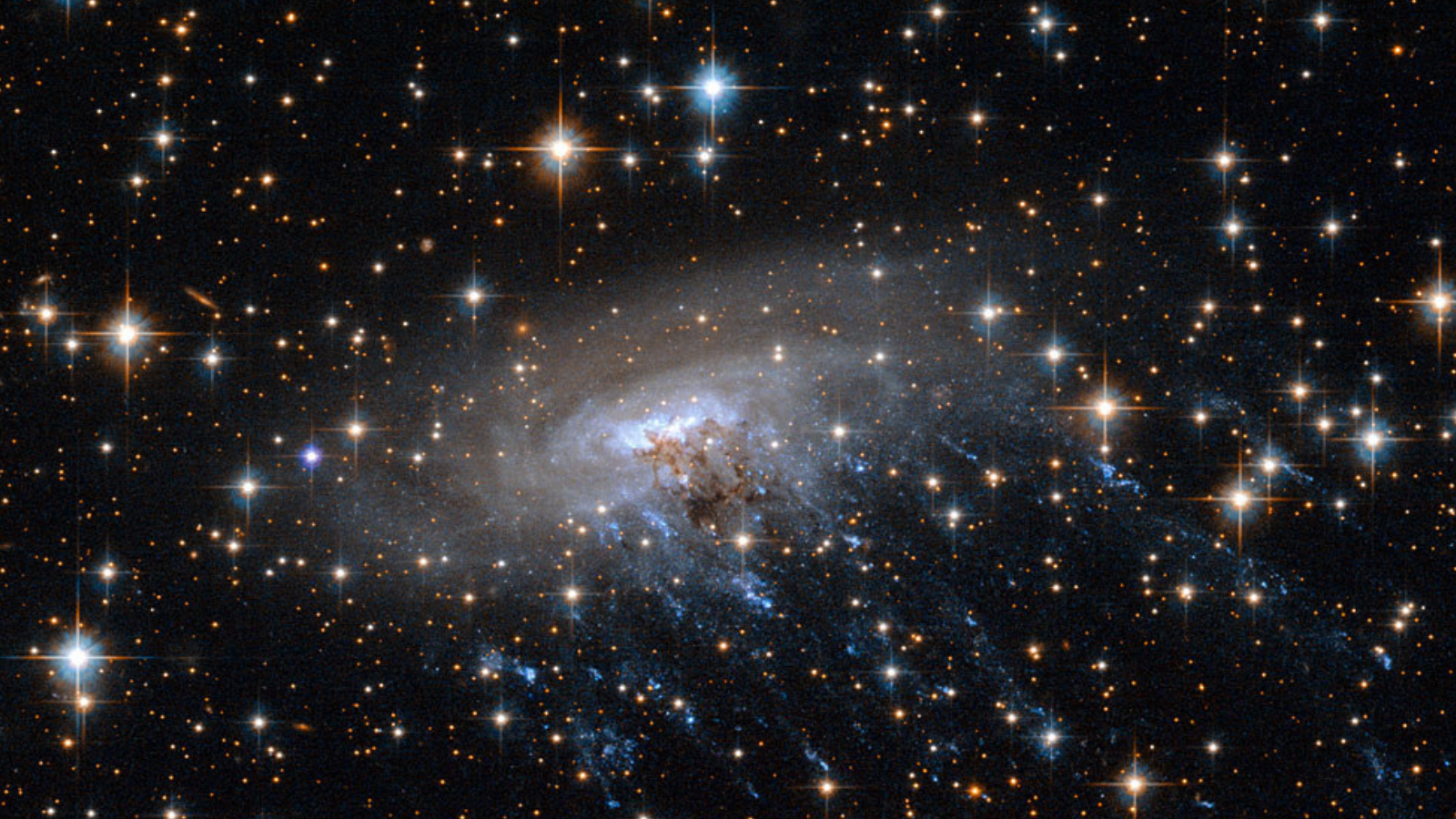Were Australian Aborigines the World's First Astronomers?
Breaking space news, the latest updates on rocket launches, skywatching events and more!
You are now subscribed
Your newsletter sign-up was successful
Want to add more newsletters?

Delivered daily
Daily Newsletter
Breaking space news, the latest updates on rocket launches, skywatching events and more!

Once a month
Watch This Space
Sign up to our monthly entertainment newsletter to keep up with all our coverage of the latest sci-fi and space movies, tv shows, games and books.

Once a week
Night Sky This Week
Discover this week's must-see night sky events, moon phases, and stunning astrophotos. Sign up for our skywatching newsletter and explore the universe with us!

Twice a month
Strange New Words
Space.com's Sci-Fi Reader's Club. Read a sci-fi short story every month and join a virtual community of fellow science fiction fans!
A study has pulled together clues that Australian Aborigines may have been the world's first astronomers, according to a press report.?
Ray Norris, an astronomer for Australia's science agency, the Commonwealth Science and Research Organization (CSIRO), researched how knowledge of the stars was a part of Aborigine culture, and was passed down from generation to generation, the AFP wire service reported Friday (Sept. 17).
The study has been submitted to the UNESCO World Heritage Committee, according to Norris's research website.
The famous Stonehenge monument in Wiltshire, England, which archaeologists believe was built around 2,500 B.C., has been linked to astronomy, but Norris contends that the stargazing activities of the Australian Aborigines pre-date the mysterious British structure.
"We've established there is all this astronomy, what I don't know is how far back this goes," AFP quoted Norris as saying. "If it goes back 10,000 or 20,000 years, that makes (Aborigines) the world's first astronomers."
The skywatching Aborigines would use the stars for navigation, time-keeping and to keep track of the seasons, Norris said.?
"We know there's lots of stories about the sky: songs, legends, myths," Norris told AFP. "We wondered how much further does it go than that."
Breaking space news, the latest updates on rocket launches, skywatching events and more!
"People were nomadic so when Pleiades (the Seven Sisters star cluster) was up they would move to where the nuts and berries are," he explained. "Another sign and it would be time to move to the rivers to fish for barramundi, and so on."
Norris, who has done extensive studies in the field, told AFP that aspects of Aboriginal culture, such as its songs, show much deeper astronomical origins.
"Clearly some thinker in the past has been sitting down in the bush, watching an eclipse and trying to figure out how it works," Norris said. "Those thoughts are then encoded in the songs and ceremonies. If you take a lunar eclipse, the story in Arnhem Land is it's the Sun Woman and Moon Man making love, and when they make love the body of one covers the other."
To further this study, Norris is now hoping to find more concrete evidence of Aboriginal astronomy. Rock carvings or other depictions of a meteor strike or comet, for instance, could help put a date on the events, he said.
- Gallery: Amazing Full Moon Photos
- Saving Humanity's Star-Gazing History
- Mysterious New Circle Found Near Stonehenge

Space.com is the premier source of space exploration, innovation and astronomy news, chronicling (and celebrating) humanity's ongoing expansion across the final frontier. Originally founded in 1999, Space.com is, and always has been, the passion of writers and editors who are space fans and also trained journalists. Our current news team consists of Editor-in-Chief Tariq Malik; Editor Hanneke Weitering, Senior Space Writer Mike Wall; Senior Writer Meghan Bartels; Senior Writer Chelsea Gohd, Senior Writer Tereza Pultarova and Staff Writer Alexander Cox, focusing on e-commerce. Senior Producer Steve Spaleta oversees our space videos, with Diana Whitcroft as our Social Media Editor.
